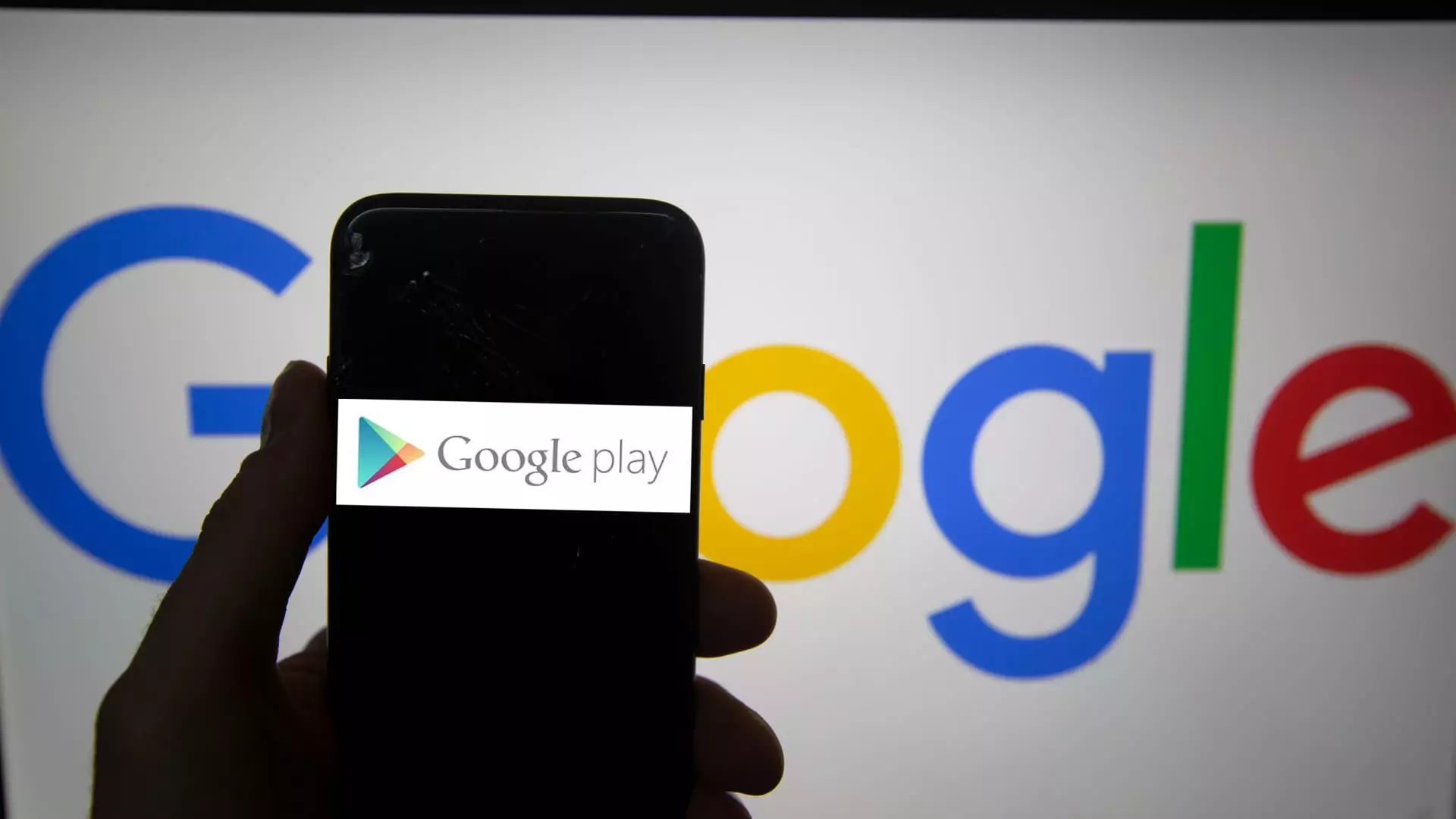Recently, a federal jury reached a decision regarding a lawsuit filed by Epic Games against Google. The jury determined that Google’s app store engaged in anticompetitive behavior. While this ruling poses potential consequences for Google’s app store, it is unlikely to have a significant impact on the company’s revenue. Nonetheless, this decision could potentially strengthen other antitrust cases against Google. However, it is important to note that the resolution of these cases might take years.
The Lawsuit and Allegations
In 2020, Epic Games accused Google of exploiting its dominant position as the developer of Android. Epic Games claimed that Google entered into exclusive agreements with handset makers and imposed excessive fees on consumers. Google collects a percentage, ranging from 15% to 30%, of all digital purchases made through its app store. Epic Games attempted to bypass these fees by directly charging users for in-game purchases in Fortnite. Consequently, Google removed Fortnite from its app store, leading to the initiation of the lawsuit.
A Victory for Epic Games
After a four-week trial, the federal jury unanimously concluded that Google had established and maintained a monopoly in the app distribution market for Android. The jury also determined that Google held a monopoly in the in-app billing market for digital goods and services transactions. In an interview, Epic CEO Tim Sweeney attributed this victory to the trial’s revelations. The trial exposed Google’s alleged deletion or failure to retain records regarding its secretive deals with app makers. Sweeney also emphasized that the trial was decided by a jury, unlike the Apple case, which was decided by a judge.
The decision could potentially lead to changes in the rules governing Google’s app store. Epic Games sought modifications to the store’s rules rather than monetary relief. While Google does not disclose Google Play revenue separately, it is a component of the company’s “Google Services” segment. In Q3 2023, this segment generated $67.99 billion, reflecting an increase from $61.38 billion the previous year. Google’s revenue stems from consumer in-app purchases and subscriptions. A Wells Fargo analyst estimated that Google will generate $38.5 billion from Google Play Store billings in 2023, accounting for approximately 13% of the company’s total expected revenue for the year.
Epic Games’ legal victory may lead to alterations in Google’s app store billing model. Google may no longer have the ability to force app makers to adopt its billing system as a condition for distribution through the Play Store. Additionally, the court could require Google to grant other app stores equal opportunities within the Android ecosystem. This could involve preventing Google from restricting the distribution of alternative app stores or ensuring that consumers have viable alternatives.
The trial also shed light on Google’s negotiation practices and financial agreements. During the proceedings, a Google executive testified that the company offered a special rate to Spotify on Google Play subscription purchases. This rate amounted to only 4% compared to the 15% charged to others. The exposure of such information could potentially provide third parties with stronger negotiating power. Moreover, the trial revealed that Google pays Apple 36% of Safari search revenue, and it suggested that Google pays Samsung significantly less.
Google’s Response and Future Outlook
Google has denied any wrongdoing and intends to appeal the verdict. As a result, the legal process could be drawn out for several years. Google emphasized its dedication to defending the Android business model and its commitment to users, partners, and the broader Android ecosystem. Analysts anticipate that any potential changes resulting from this verdict would likely be a multi-year process. Although the impact on Google’s app store is currently unclear, the verdict may influence other ongoing antitrust actions against the company. Investors eagerly await further details on potential remedies, which will undoubtedly shape market reactions. Overall, Alphabet’s stock remained relatively unaffected, declining less than 1% following the announcement of the verdict.


Leave a Reply